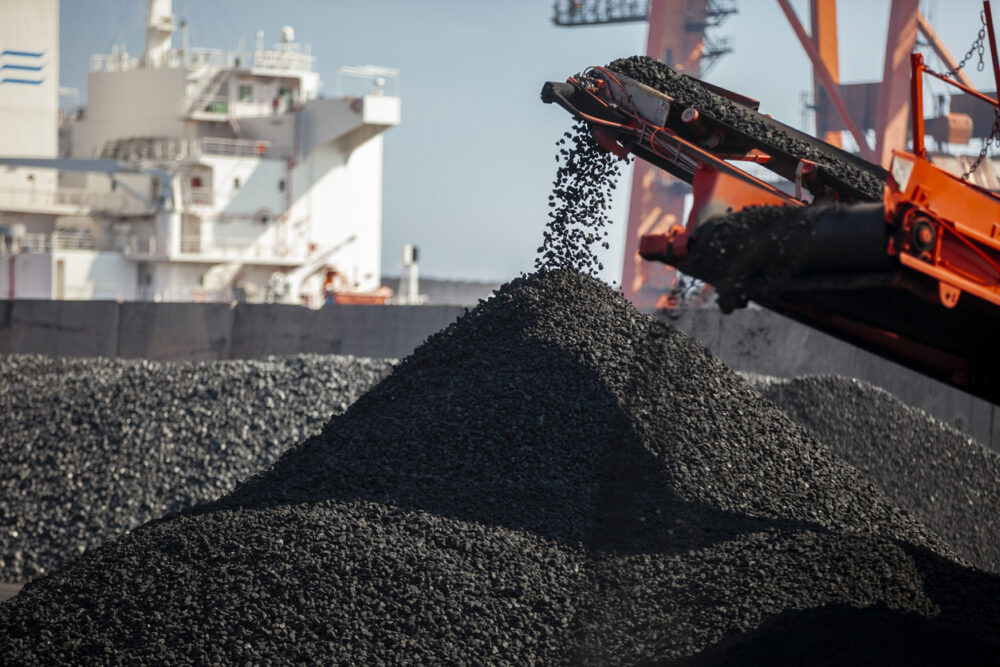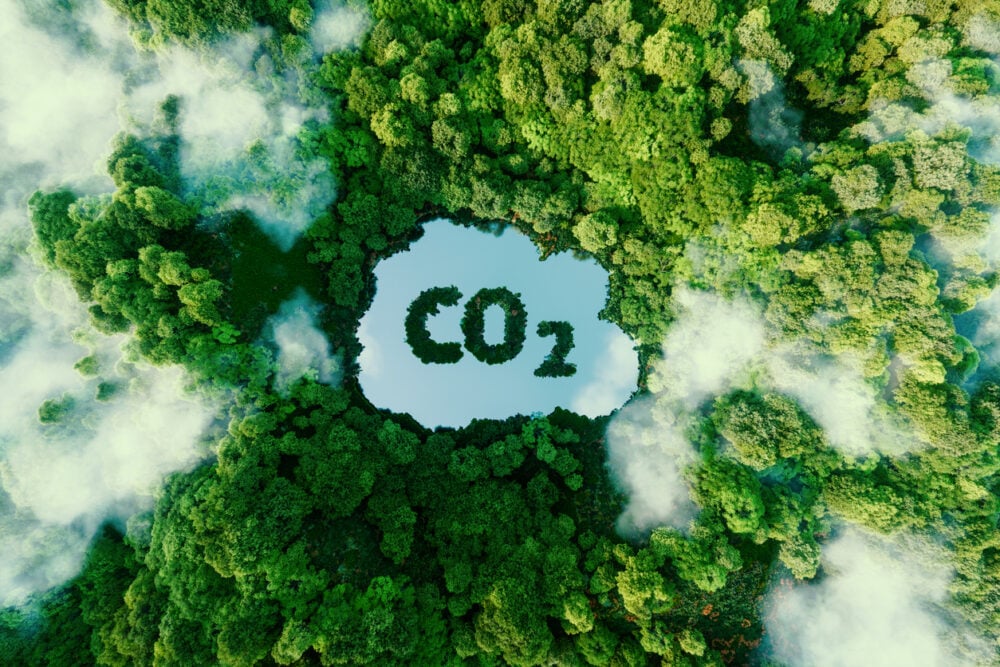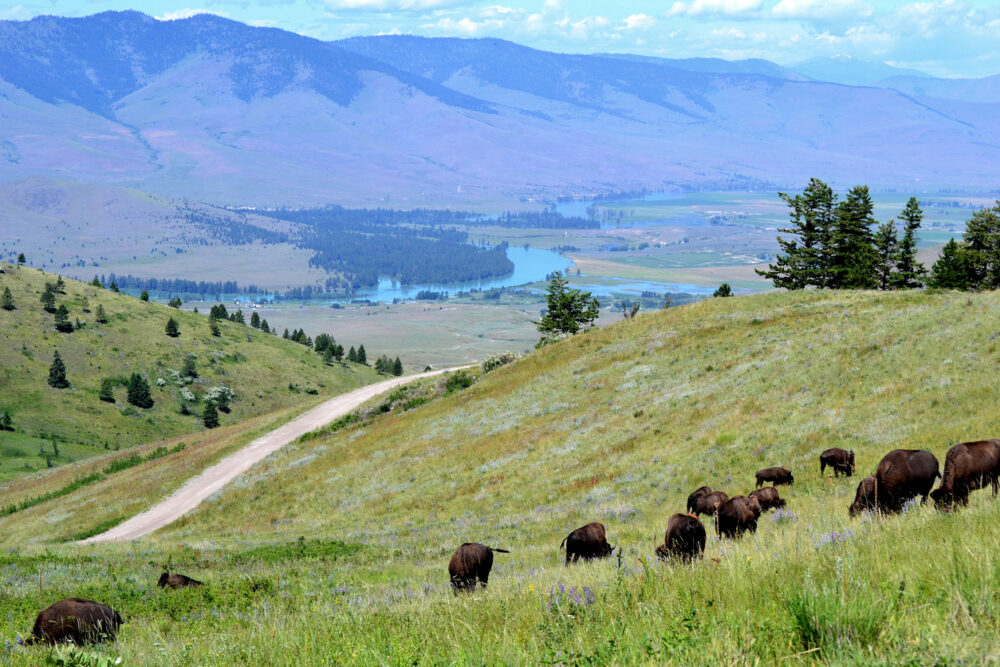The planet could recover, but not without shaking up who’s in charge.

Most people think the fight against climate change is about science, money, or awareness. But more often, it’s about control. The world already has the tools to cut emissions, restore ecosystems, and build a livable future. What’s missing isn’t innovation—it’s political courage. The boldest climate solutions tend to rattle the powerful, and that’s exactly why they get buried.
Policies that threaten corporate profits, disrupt old industries, or redistribute resources tend to hit walls fast. It’s not that they’re unworkable. It’s that they work too well. They shift power, and the people holding the most of it rarely want to let go. These ideas aren’t fringe or fantasy. They’re practical, tested, and ready to scale. But they demand more than lifestyle changes. They demand system changes—and that’s what makes them dangerous to the status quo.
1. Ban fossil fuel subsidies and watch the outrage unfold.

Lead author Simon Black reported for the International Monetary Fund that global fossil fuel subsidies reached a record $7 trillion in 2022, with governments continuing to fund oil, coal, and gas despite mounting climate concerns. These are the same companies fueling the crisis, yet they get paid to keep drilling.
Ending those subsidies would be a game changer. It would level the playing field for renewables, cut public spending on pollution, and expose the real cost of fossil fuels. But it would also anger powerful lobbies that thrive on quiet deals and deep influence.
For decades, these companies have used their wealth to shape policy and delay action. Take away the financial perks, and their grip on energy markets starts to slip. That’s why politicians dodge this one—it makes too many rich friends uncomfortable.
2. Shut down new oil and gas projects before they begin.

Research lead Fergus Green wrote in Science that existing fossil fuel developments are already enough to meet projected energy needs in a net-zero transition, leaving no room for new oil, coal, or gas projects. That means no new drilling, pipelines, or exploration. Not one more.
A policy that blocks new oil and gas development would force a fast shift toward clean energy. It would keep carbon in the ground and push companies to invest in real solutions instead of distractions like carbon offsets. But it would also hit profits hard and spark fierce backlash from the fossil fuel lobby. These projects are often framed as “jobs” or “energy security,” even when they lock communities into decades of pollution. Blocking them calls out the lie—and the people who built their careers on it.
3. Heavily tax carbon and stop letting polluters off easy.

A strong carbon tax isn’t just symbolic. The Center for Climate and Energy Solutions explains that a carbon tax makes companies pay for every ton of pollution they release—turning emissions into a financial hit instead of a free pass. It puts a real price on emissions and pushes industries to clean up fast. But it also threatens the business model of some of the most powerful corporations on earth. That’s why most existing carbon pricing is weak, riddled with loopholes, or offset by subsidies.
A truly bold tax would shift billions away from polluters and toward public infrastructure, clean energy, or even direct payments to households. It would also send shockwaves through markets built on environmental shortcuts. The math is easy. The politics are brutal.
4. Nationalize key industries to prioritize the planet over profit.

Private energy companies aren’t designed to save the climate—they’re built to make money. That’s why some experts argue for public ownership of utilities, transit, and energy production. Take the profit motive out of essential systems, and you can plan for long-term survival instead of short-term gains.
Nationalizing parts of the energy or transport sector would allow governments to rapidly scale renewables, cut emissions, and guarantee affordable access. But it would also require taking control from massive corporations, which is exactly why it rarely gets serious attention. This isn’t about ideology. It’s about function. Climate progress gets stalled when profit comes first. Public ownership flips the script.
5. Phase out industrial livestock and call it what it is—destruction.

Factory farming is a major driver of emissions, deforestation, and water pollution. Cows alone produce massive amounts of methane, and clearing land for feed crops destroys carbon sinks. Yet this industry is rarely targeted by major climate policy.
Phasing out industrial livestock would mean cutting subsidies, supporting farmers through transition programs, and shrinking meat production overall. It’s possible, but it hits cultural and corporate nerves. Big agriculture has deep ties to politics, and calling out the damage directly is still taboo. This isn’t about banning burgers. It’s about confronting an industry that treats the planet like it’s disposable—and gets rewarded for it.
6. Ban private jets and stop pretending they’re normal.

Private jets are climate bombs in disguise. They emit up to 14 times more carbon per passenger than commercial flights and often travel empty just to stay parked in the right place. But the ultra-wealthy keep using them like taxis.
Banning private jets would barely touch the average person but would directly challenge elite lifestyles. It would also highlight a deeper truth: not everyone is sacrificing equally in this crisis. One percent of flyers cause half of aviation emissions.
Grounding these flights wouldn’t just cut pollution. It would set a precedent. Climate policy can’t work if it never applies to the powerful. And nothing symbolizes unchecked privilege quite like a jet burning fuel for a solo brunch run.
7. Treat climate misinformation like public endangerment.

Lying about the climate has consequences—deadly ones. Fossil fuel companies spent decades spreading doubt, funding junk science, and muddying public understanding. The result? Delay, denial, and a slower global response.
It’s time to treat climate misinformation like the threat it is. That means holding corporations and media outlets accountable when they knowingly spread falsehoods. It could mean legal consequences, platform bans, or major fines. Critics call it censorship, but that misses the point. This isn’t about silencing debate. It’s about drawing a line between free speech and coordinated disinformation campaigns that profit from destruction. The truth isn’t just under attack. It’s being bought and sold.
8. Cancel fossil fuel ads like we canceled cigarette commercials.

Tobacco advertising was banned once the science caught up with the damage. Fossil fuels are just as deadly—yet their ads still run during sports games, on billboards, and across social media.
Banning fossil fuel advertising would shift public perception fast. It would stop the greenwashing, cut brand influence, and keep polluters from rewriting their own narratives.
These companies spend millions to appear climate-friendly while continuing to expand oil and gas projects. Removing their ad platforms would strip away a layer of illusion. And it would draw attention to how much their reputation depends on marketing, not action.
9. Start climate reparations and pay for the damage already done.

The countries most responsible for climate change are not the ones suffering most. Wealthy nations burned fossil fuels for centuries. Now, lower-income countries face the brunt of rising seas, extreme weather, and crop failures.
Climate reparations would flip the script. Rich countries would pay into global funds that support adaptation, recovery, and renewable infrastructure in frontline nations. It’s not charity. It’s a moral and historical debt. But that truth makes it politically radioactive. Acknowledging the harm means admitting responsibility. And responsibility comes with a price tag. Still, it’s the only honest way forward. Repair requires payment—not just promises.
10. Give land back to Indigenous communities and let them lead.

Indigenous communities manage some of the most biodiverse and carbon-rich regions on Earth. When they control their land, deforestation drops and ecosystems thrive. The evidence is clear: land back works.
Giving land rights back isn’t symbolic—it’s one of the most effective ways to protect the climate. But it requires redistributing power and addressing centuries of theft, which makes it controversial to those who benefit from the status quo. This policy scares leaders not because it’s risky, but because it’s effective. The people most often ignored in climate conversations are the ones best equipped to lead them.
11. Cap corporate land ownership and shrink their footprint.

Agribusiness giants and fossil fuel firms own massive tracts of land, often stripping it of resources with little regard for ecosystems or communities. Concentrated land ownership enables unchecked exploitation and blocks local solutions.
Capping how much land corporations can control would create space for conservation, regenerative agriculture, and community-led stewardship. It would also limit the ability of a handful of players to dictate environmental outcomes for entire regions. But this policy strikes at the core of capitalist power, where land equals leverage.
That’s exactly why it rarely shows up in climate plans. To protect the planet, some of that power needs to be returned to people who actually live on the land—not boardrooms miles away.
12. End unlimited growth and say the quiet part out loud.

The idea that economies should grow forever isn’t just unrealistic—it’s incompatible with a stable planet. Infinite growth on a finite Earth guarantees collapse. But saying that out loud still feels like blasphemy in politics and business. Degrowth doesn’t mean shrinking everything. It means scaling back industries that harm the planet, prioritizing well-being over GDP, and redistributing resources instead of chasing endless expansion.
The concept challenges deep assumptions about progress and success. That’s why leaders avoid it. Growth is a comforting story, even when it stops making sense. But if survival is the goal, it might be time to write a new one.
13. Stop negotiating with the industries causing the damage.

The fossil fuel industry has had a seat at the climate table for decades. Meanwhile, emissions rise and solutions stall. It’s not a coincidence. The same corporations fueling the crisis are allowed to shape the response.
Kicking them out of climate talks and removing them from policy negotiations wouldn’t be extreme—it would be logical. These companies have a track record of delay, denial, and distraction. They don’t need more influence. They need consequences. Ending the illusion of partnership would shift the conversation. It would center communities, scientists, and real solutions instead of those invested in keeping things exactly as they are.